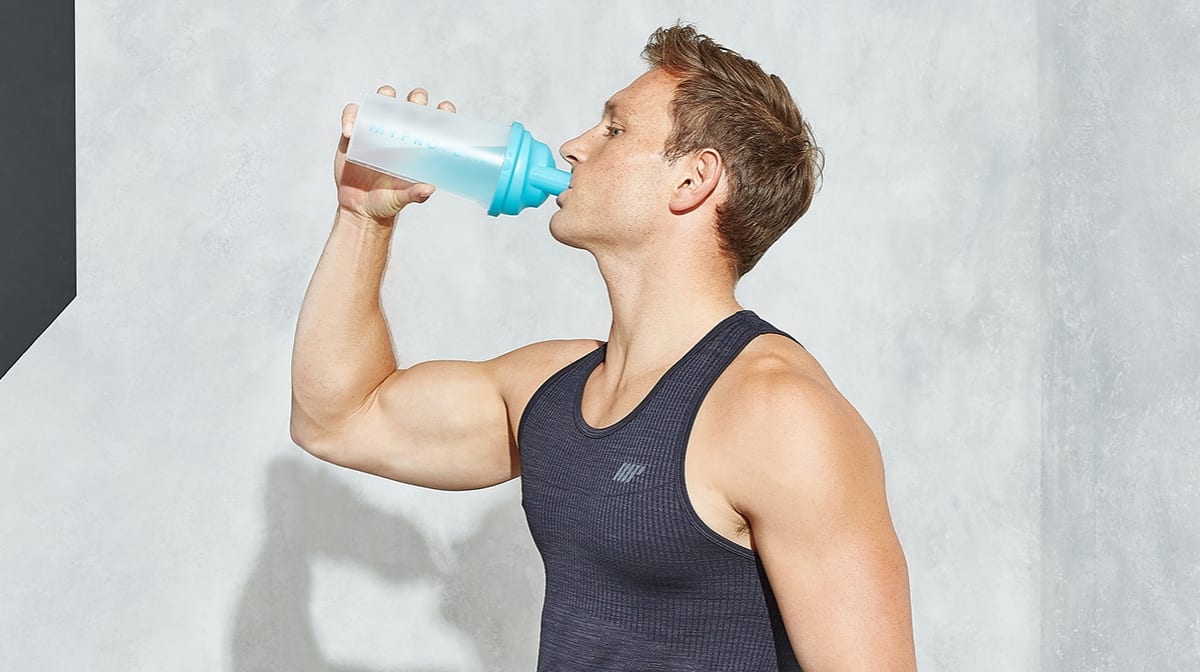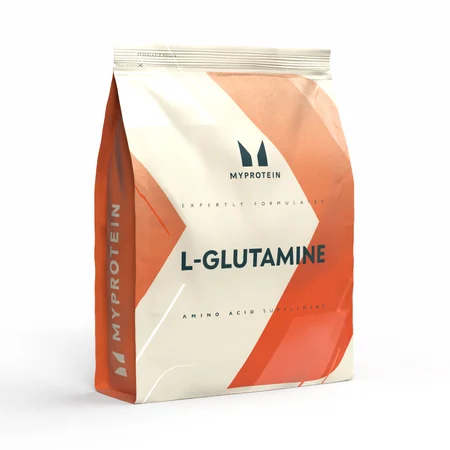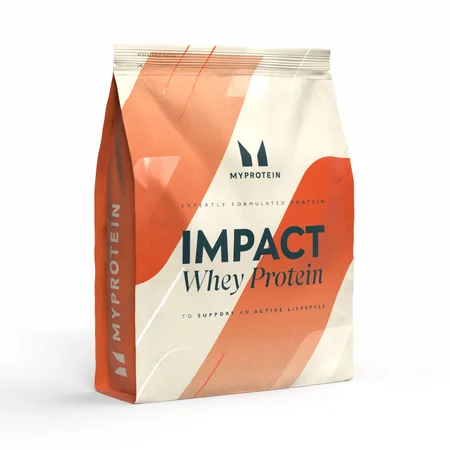When Is The Best Time to Take Glutamine?

Glutamine is becoming an increasingly popular supplement of choice for gym goers. In this article, we'll be discussing what glutamine is and when is the best time to take it so you can maximize its benefits.
What Is Glutamine?
Glutamine, or L-Glutamine is one of the many amino acids that is a building block of protein. Glutamine is commonly found in large amounts within the bloodstream and helps with the production of nitrogen. Since glutamine is considered an essential amino acid, this means that it must be consumed through our diet as our body cannot produce glutamine for itself.

Why Do You Need Glutamine?
When we exercise, our body requires energy to be used and expended in order to keep on exercising at the intensity we are performing at. When we expend energy into our workout, we also end up using glutamine within our body simply to help with muscle building and recovery during the aftermath of a workout. However, since most people only obtain glutamine through one’s diet, it is common that many weightlifters do not consume an adequate amount of glutamine that their body requires to maximize performance.
Many studies have shown that by taking glutamine post-workout with either your post-workout protein shake or simply by itself, helps prevent the body from using muscle as energy and continues to use carbohydrates, even when you are in a low carbohydrate-depleted state. By taking glutamine intra or post-workout, you will prevent the body from breaking down muscle tissue to be used as energy and will allow you to maintain more lean muscle mass.

When Should You Take Glutamine?
By taking glutamine post-workout, you also help increase the production of natural HGH or human growth hormone within the body. This is a great advantage because higher levels of HGH results in an increase in muscle tissue, a decrease in body fat, and an increase in metabolic activity within our body.
When this happens, insulin levels will be suppressed, which means less sugar will be used up. This is a huge advantage for anyone who is diabetic, as maintaining high sugar levels within the bloodstream is important for daily functions. If you are diabetic and have low blood sugar, many issues can come about. Glutamine is a great supplement for any person suffering from insulin sensitivity or has complications maintaining blood sugar levels on a regular basis.

How Much Glutamine Should I Take?
I highly recommend anyone who is considering supplementing with Glutamine to either take it intra/during or post-workout on a regular basis. When it comes down to how much one should take, you’d be surprised to know that you will not require much at all.
Anywhere between 2-6 grams of glutamine post-workout is seen as an ideal amount to help replenish the amount that has been expended during a workout. It is also perfectly acceptable to consume higher amounts of glutamine post-workout considering the fact that if you consume a high amount of glutamine, resulting in an excess amount, the body will either use it up or simply excrete it. This means that you do not have to worry about consuming too much glutamine after a workout.
If you wanted to consume glutamine pre- and post-workout, this would be an ideal recommendation I would make to anyone looking to add this supplement to his/her diet. However, this is not needed, and simply consuming glutamine in around 2-6 grams post-workout will be more than enough for anyone looking to maintain lean muscle mass, prevent muscle waste post-workout, and help maintain proper blood glucose levels within the body.
So, post-workout you should be looking to consume 2-6 g within 20 minutes. If you buy Glutamine in powder form then it is very easy to mix with your post-workout whey protein shake.
Take Home Message
After reading this article hopefully, you have a better idea of what glutamine is and how it can benefit your workout routine. You should also know when is the best time to take it. Post-workout is the most beneficial time to take Glutamine to enhance recovery and the growth of lean muscle mass. If you aren't supplementing with Glutamine already then I would recommend giving it a try and see if it has any benefits for your body and training goals.








